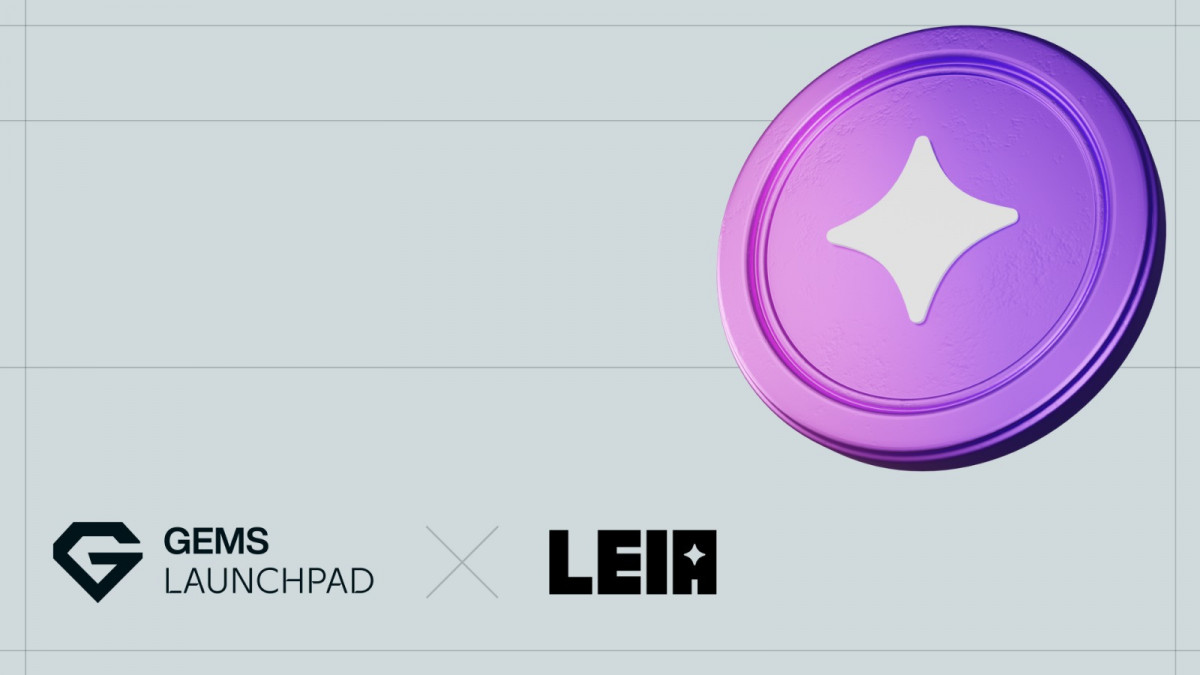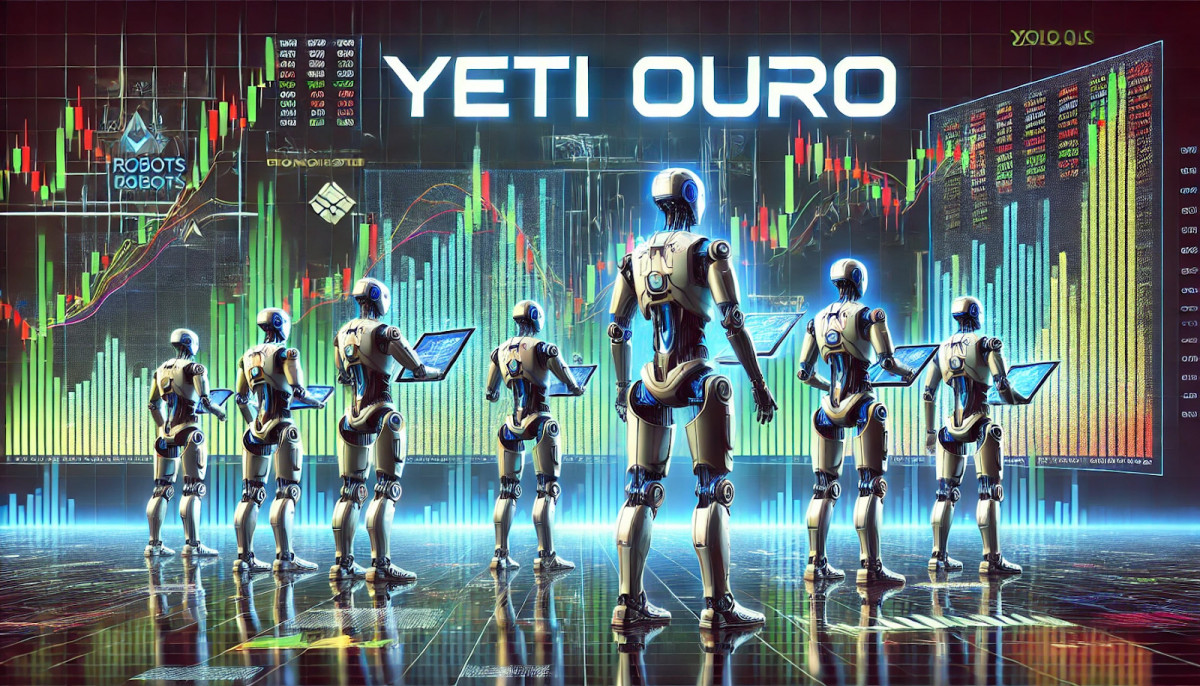India is at a cusp of a significantly impactful time in history, witnessing the nascent beginnings of the fourth Industrial Revolution (4IR) with the advancement of the Internet of Things (IoT), Artificial Intelligence (AI), genetic engineering, and other technologies. The development across industries is witnessing an unprecedented speed and creating new systems of businesses, payments and efficiency.
On the helm is a very important Blockchain technology that is often blurred with cryptocurrencies. We must understand the distinction between technology and its uses. No doubt, cryptocurrency is one of the earliest uses of blockchain technology. Blockchain technology, as IBM defines it, “is a shared, immutable ledger that facilitates the process of recording transactions and tracking assets in a business network. An asset can be tangible (a house, car, cash, land) or intangible (intellectual property, patents, copyrights, branding). Virtually anything of value can be tracked and traded on a blockchain network, reducing risk and cutting costs for all involved.” For various use cases to be undertaken on a blockchain, requires a smart contract and its execution requires cost which is exchanged in the form of a token / coin depending on the blockchain, method of validation of transaction and the service rendered by the use case.
The technology enables each industry to develop and change the landscape of the world of business. As we have seen the advantage of physical trade being magnified by e-commerce, this technology will provide an edge many times greater than the impact seen due to transparency, security, speed, trust, accessibility, lower cost, etc. Due to these factors prominent businesses are moving away from Centralized Finance (CeFi) to Decentralized Finance (DeFi). In DeFi, the absence of centralised control allows autonomy and customisation of operational functions between parties without an intermediary. It essentially minimises the cost of friction paid to intermediaries in terms of fees for various services that are becoming redundant in the wake of technological development.
In DeFi, operations are automated using Smart Contracts – a program that binds contract terms in a way that the contract automatically stands executed when fulfilled. This feature led to the development of Non-Fungible Tokens (NFT).
This industry is often misunderstood by the naive mixing of a private or decentralised form of currency with blockchain technologies and its uses. Cryptocurrencies can be best understood by the historical references of private money with security and robustness. It will evolve as the financial system has evolved in traditional CeFi while the 4IR will continue to yield economic benefits, be it priced in fiat or exchanged in cryptocurrencies / tokens / coins.
The Central Banks across the globe are moving toward digital currency based on blockchain technology calling it Central Bank Digital Currency (CBDC). This will align the market and usages of market currencies as devised through DeFi and the centralised CBDC – digital money by banks. Essentially value of a coin or token is dependent on the utility of the use case and efficiency of the blockchain solution on which these use cases operate. The price and utility will of such coins or tokens are discovered based on market mechanism which can be made more dependable through reformed regulation and benchmark of CBDC which can act as a stable coin.
The pace of the fourth industrial revolution, based on deep technology (deep-tech), is pervading fast and finding its space irrespective of geographical boundaries, taking advantage of jobs and prosperity. The increasing significance of blockchain technology in tailoring the contemporary Metaverse cannot be overlooked. India, is having around 279.5 mn crypto users, as reported by ‘finder’, needs to gain a clear understanding of how an ecosystem based on blockchain and internet permeates the economic value chain easily and quickly. The advantages of blockchain impart efficiency, transparency, security, and impact to the masses without intermediation. This will transform many businesses and will also aid technology adoption.
The terminology of ‘virtual’ in this industry is misleading and is possibly delaying many policy decisions while the economic advantage, or lost growth opportunity, is ‘real.’ India not receiving as much investment in blockchain-related ventures compared to over hundreds of billion dollar flowing to the same globally. This is despite the fact that many of these solutions may be using the technology prowess of Indian IT sector. BCG forecasts ‘highly conservatively’ by 2030, the tokenisation potential of $68 trillion, while tokenisation of global illiquid assets is estimated to be a $16 Trillion business opportunity. The growth of this industry means next generation of jobs, next level of wealth creation, additional GDP, new money multiplier and global dominance of Indian products and services.
As Deloitte highlights through its survey, the top five areas of regulation are the greatest need for facilitating the adoption of blockchain and digital assets, i.e., i. data security and privacy, ii. geography-specific regulations, iii. industry-specific regulatory issues, iv. internal/external audit and v. internal control and financial reporting.
An accommodative policy in the direction of facilitating blockchain-based industry wide adoption and innovation would accelerate the pace of India’s economic and social growth. If we miss this growth, it will be our own undoing.
Disclaimer
Views expressed above are the author’s own.
END OF ARTICLE
Read More: timesofindia.indiatimes.com









 Bitcoin
Bitcoin  Ethereum
Ethereum  Tether
Tether  XRP
XRP  Solana
Solana  Dogecoin
Dogecoin  USDC
USDC  Cardano
Cardano  Lido Staked Ether
Lido Staked Ether  TRON
TRON  Avalanche
Avalanche  Sui
Sui  Wrapped stETH
Wrapped stETH  Toncoin
Toncoin  Chainlink
Chainlink  Stellar
Stellar  Shiba Inu
Shiba Inu  Wrapped Bitcoin
Wrapped Bitcoin  Hedera
Hedera  Polkadot
Polkadot  WETH
WETH  Bitcoin Cash
Bitcoin Cash  LEO Token
LEO Token  Uniswap
Uniswap  Hyperliquid
Hyperliquid  Litecoin
Litecoin  Pepe
Pepe  Wrapped eETH
Wrapped eETH  NEAR Protocol
NEAR Protocol  Ethena USDe
Ethena USDe  USDS
USDS  Internet Computer
Internet Computer  Aptos
Aptos  Aave
Aave  Mantle
Mantle  Cronos
Cronos  POL (ex-MATIC)
POL (ex-MATIC)  Render
Render  Bittensor
Bittensor  Ethereum Classic
Ethereum Classic  MANTRA
MANTRA  Monero
Monero  Artificial Superintelligence Alliance
Artificial Superintelligence Alliance  Virtuals Protocol
Virtuals Protocol  Tokenize Xchange
Tokenize Xchange  Dai
Dai  Arbitrum
Arbitrum